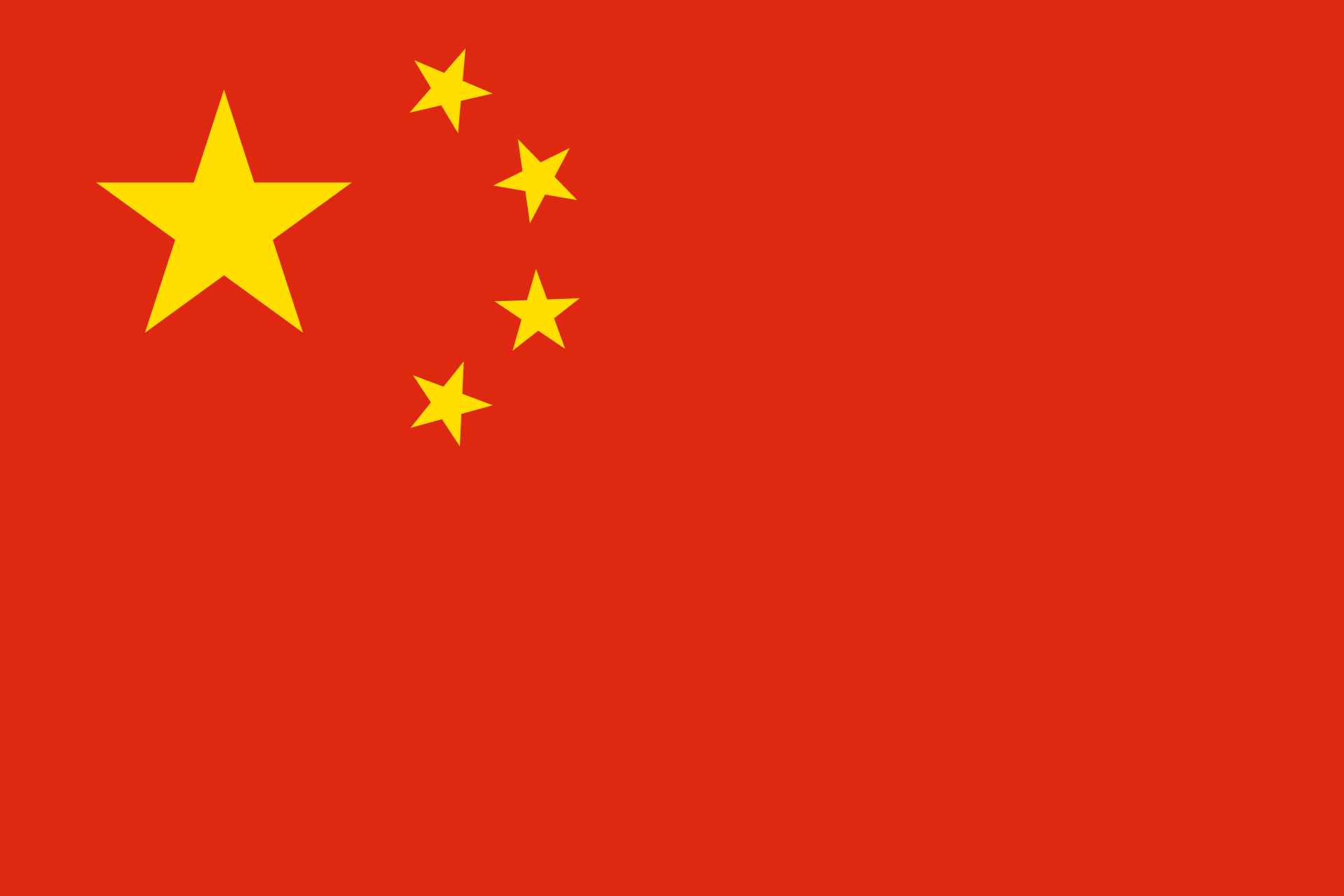Naadam, Mongolian traditional festival
© ES-01 Ch. BatboldNaadam is a national festival celebrated every year from 11 to 13 July across Mongolia that focuses on three traditional games: horseracing, wrestling and archery. Mongolian Naadam is inseparably connected to the nomadic civilization of the Mongols, who have long practiced pastoralism on Central Asia’s vast steppe. Oral traditions, performing arts, national cuisine, craftsmanship, and cultural forms such as long song, Khöömei overtone singing, Bie biyelgee dance and Morin khuur fiddle also feature prominently during Naadam. Mongolians follow special rituals and practices during the festival, such as wearing unique costumes and using distinctive tools and sporting items. Festival participants revere the sportsmen, sportswomen, and children who compete, and winners are rewarded titles for their achievements. Ritual praise songs and poems are dedicated to the contestants in the events. Everyone is allowed and encouraged to participate in Naadam, thus nurturing community involvement and togetherness. The three types of sports are directly linked with the lifestyles and living conditions of the Mongols and their transmission is traditionally undertaken through home-schooling by family members, although formalized training regimens have recently developed for wrestling and archery. The rituals and customs of Naadam also accentuate respect for nature and the environment. Read more about this element on the UNESCO Intangible Cultural Heritage website.










